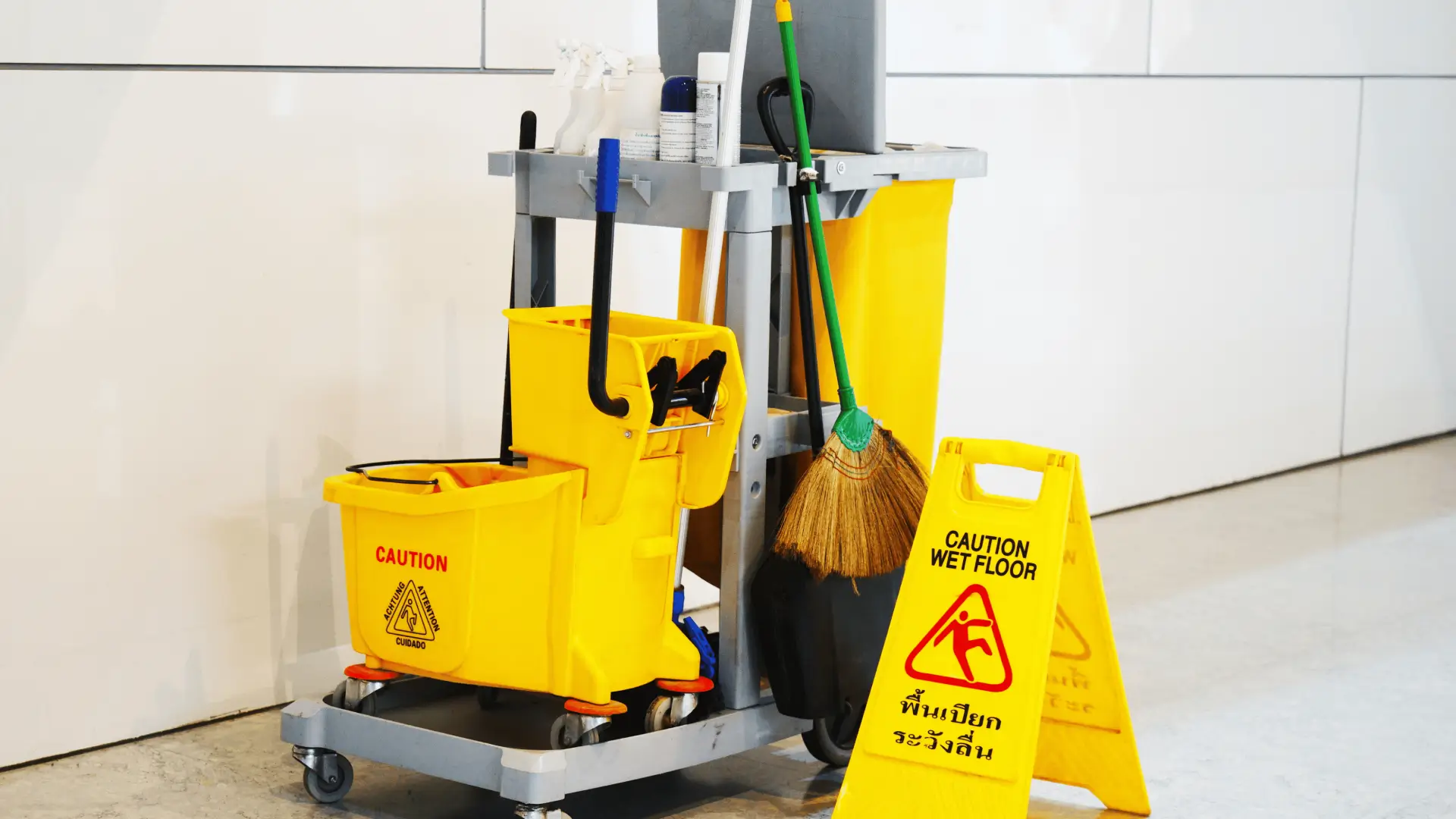The Critical Role of Sweep Logs in Grocery Store Injury Claims

How do you know if a grocery store will be responsible for your slip and fall accident?
In the realm of personal injury law in Ontario, the significance of maintaining and presenting a sweep log in cases involving slips and falls at grocery stores cannot be overstated. Slips and falls, often resulting from food or soap spills, can lead to serious injuries.
What is a Sweep Log?
A sweep log serves as a vital piece of evidence, documenting the regularity and thoroughness of the store’s cleaning procedures. Sweep logs are essentially records kept by the store’s staff, detailing the frequency of their inspections and clean-up operations throughout the premises. In the context of a lawsuit, these logs can either exonerate or implicate a store in failing to uphold safety standards. For the injured party, a well-documented gap or negligence in the sweep log can significantly bolster their case, demonstrating the store’s lapse in maintaining a safe environment for its patrons.
Ontario law mandates that establishments like Loblaws, Costco, Metro, Farm Boy, Longos, and Walmart must ensure the safety and well-being of their customers by proactively identifying and mitigating potential hazards. In the event of an injury due to a spill, the sweep log becomes a crucial determinant in establishing liability. It provides a timestamped account, allowing the court to assess whether the store acted with due diligence in preventing such accidents.
What does this mean for Personal Injury Cases?
For anyone injured after slipping and falling in the grocery store in Ontario, it’s imperative to seek the expertise of a personal injury lawyer who understands the nuances of presenting a sweep log in court. This evidence can be the linchpin in securing a favorable outcome, emphasizing the indispensable role of detailed maintenance records in personal injury lawsuits.














